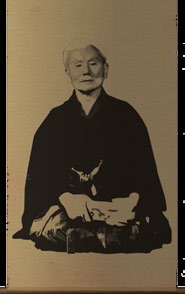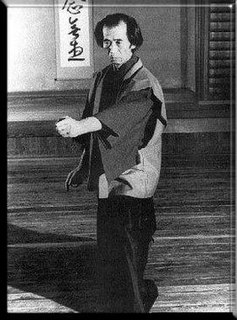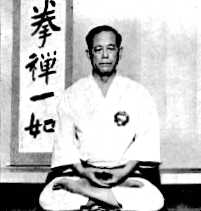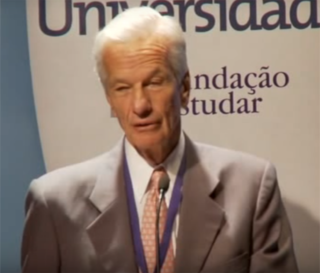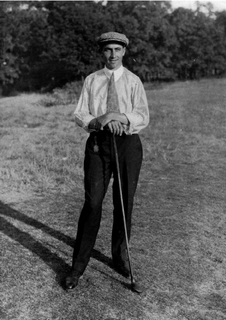A Quote by Gichin Funakoshi
In the past, it was expected that about three years were required to learn a single kata, and usually even an expert of considerable skill would only know three, or at most five, kata.
Related Quotes
What frustrated me was the thought that with three thousand years of history someone in China, some monk in a monastery halfway up a mountain, must have developed a magic kata, a physical expression of formae. Or at least have got close enough to explain all those legendary swordsmen and their inexplicable desire to roost on the tops of bamboo trees.
I had left the music industry at the end of 2001, after 10 years, and had spent three years writing every single day - producing two unpublished novels, one abandoned novel, and three unproduced screenplays. The word 'no' and I were on more than nodding terms. The word 'no' and I were talking about going on holiday together.
